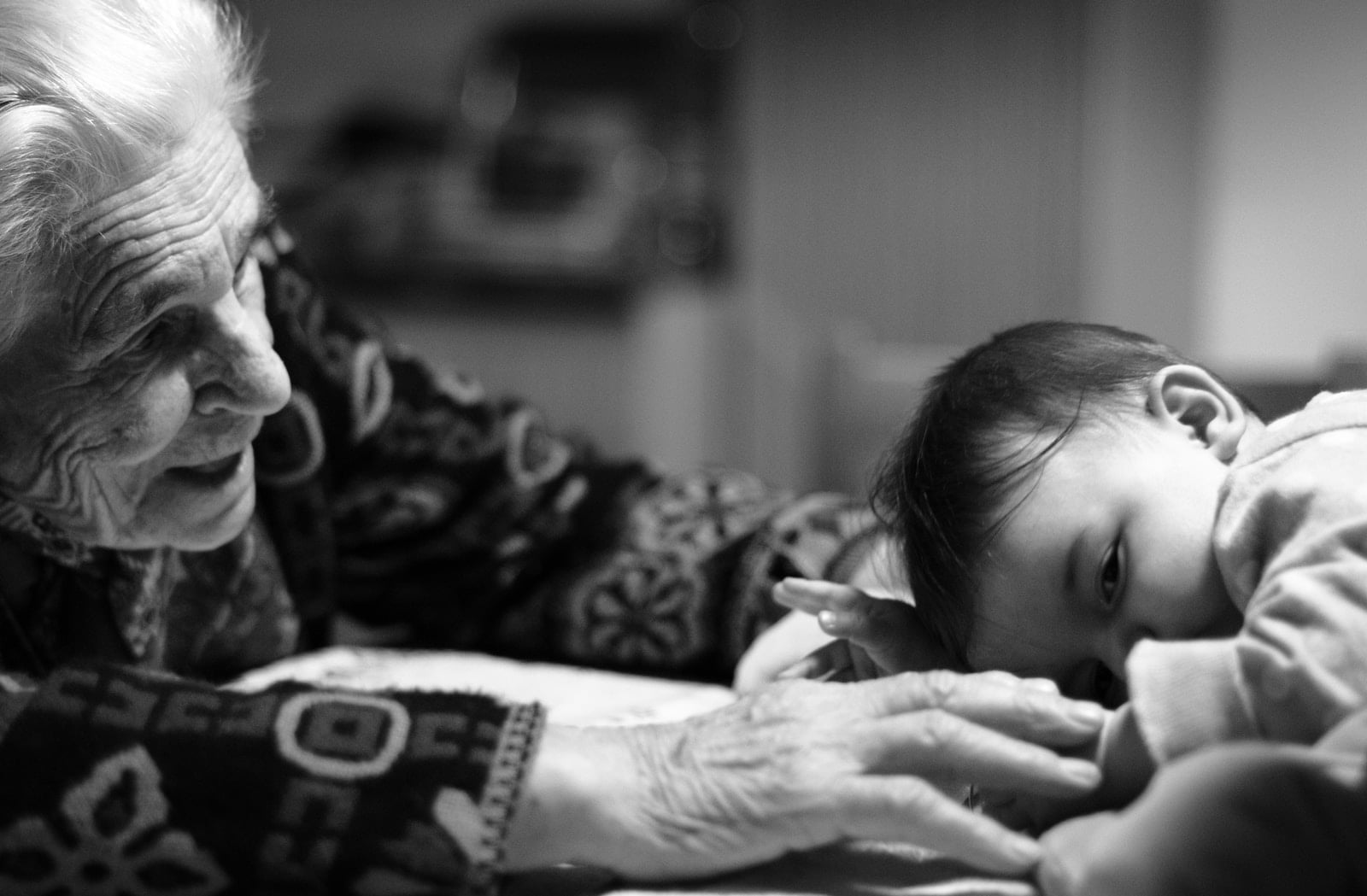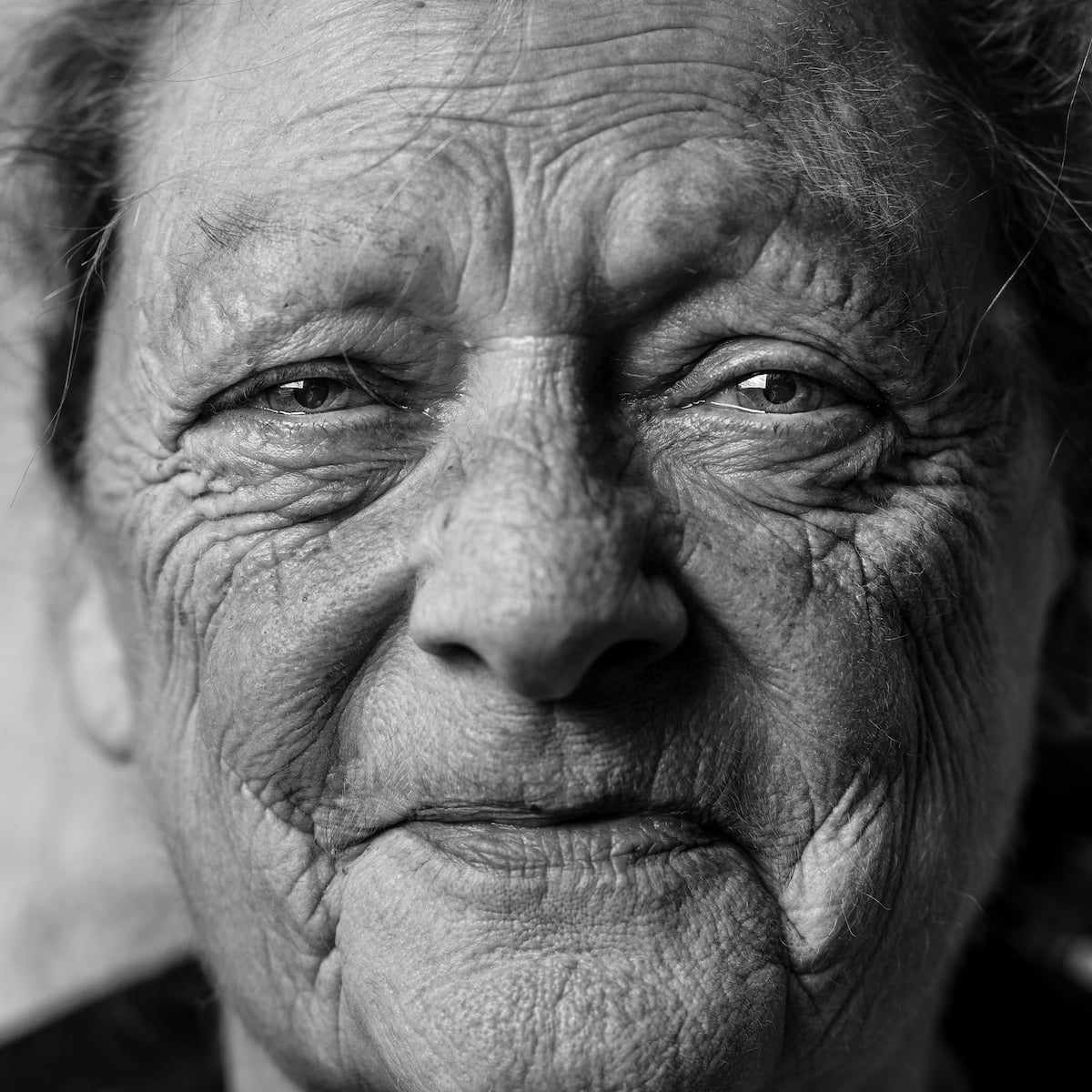Walking is a simple, yet effective form of exercise that can provide numerous benefits for aging individuals. Taking a morning walk can be especially beneficial, as it can help to set the tone for a healthy and productive day. Here are the top fifteen unique health benefits of morning walks for aging:
- Morning walks can improve cardiovascular health.
Walking is a great cardiovascular workout, as it helps to strengthen the heart and improve blood flow. This can help to reduce the risk of heart disease and stroke (1).
- Morning walks can improve mental health.
Exercise has been shown to have a positive effect on mental health, and walking is no exception. Studies have found that walking can help to reduce stress and improve mood (2).
- Morning walks can improve bone health.
Weight-bearing exercises, such as walking, can help to maintain bone density and reduce the risk of osteoporosis (3).
- Morning walks can improve cognitive function.
Regular physical activity has been shown to improve brain function and may even reduce the risk of developing cognitive decline and dementia (4).
- Morning walks can improve muscle strength.
Walking can help to build and maintain muscle strength, which is important for maintaining mobility and independence as we age (5).
- Morning walks can improve flexibility and balance.
Walking requires a range of motion and balance, which can help to improve flexibility and coordination (6).
- Morning walks can improve respiratory health.
Regular walking can help to improve lung function and increase oxygen intake, which can be especially beneficial for individuals with respiratory conditions such as asthma (7).
- Morning walks can help with weight loss.
Walking is a great form of exercise for burning calories and losing weight, especially when combined with a healthy diet (8).
- Morning walks can improve sleep quality.
Physical activity has been shown to improve sleep quality, and walking is no exception. Taking a morning walk can help to promote better sleep habits (9).
- Morning walks can improve digestion.
Walking can help to stimulate the production of stomach acid, which can aid in digestion (10).
- Morning walks can improve insulin sensitivity.
Insulin sensitivity tends to decrease with age, which can lead to an increased risk of type 2 diabetes. Walking has been shown to improve insulin sensitivity and reduce the risk of developing diabetes (11).
- Morning walks can improve immune function.
Walking has been shown to have immune-boosting properties, which may be beneficial in helping seniors to fight off infections (12).
- Morning walks can improve skin health.
Exercise has been shown to improve circulation and increase blood flow to the skin, which can improve the appearance of skin and reduce the risk of acne (13).
- Morning walks can improve self-esteem.
Regular exercise has been shown to improve self-esteem and overall well-being (14).
- Morning walks can improve overall well-being.
In addition to the physical benefits of walking, it can also have a positive impact on overall well-being. Regular morning walks can increase energy levels, improve mood, and promote a sense of accomplishment (15).
References
- Borsari, B., & Miserocchi, G. (2013). Cycling and cardiovascular health. Gazzetta Medica Italiana Archivio per le Scienze Mediche, 172(1), 65-72.
- Buman, MP., Hekler, EB., Haskell, WL., et al. (2013). Physical activity and depressed mood: an examination of the direction of effect. Health Psychology, 32(9), 959-967.
- Gallagher, JC., Kiel, DP., & Sahyoun, NR. (1996). The effect of exercise on bone density in premenopausal women. American Journal of Public Health, 86(2), 232-237.
- Kramer, AF., Erickson, KI., & Colcombe, SJ. (2006). Exercise, cognition, and the aging brain. Journal of Aging and Physical Activity, 14(2), 125-135.
- Frontera, WR., Hughes, VA., Fielding, RA., et al. (2000). Aging of muscle: a 12-yr longitudinal study. Journal of Applied Physiology, 88(4), 1321-1326.
- Liao, YC., Chen, YJ., & Chien, KL. (2007). The effects of cycling exercise on balance, flexibility, and muscle strength in elderly women. Journal of Nursing Research, 15(4), 237-244.
- Kippelen, P., & Bousquet, J. (1998). Effects of exercise on asthma. Sports Medicine, 25(2), 73-80.
- Swain, DP., & Franklin, BA. (2003). Cardiovascular responses to exercise in obesity. Obesity Reviews, 4(3), 145-162.
- Fenton, LR., & Kravitz, L. (2014). The effect of physical activity on sleep. Current Opinion in Psychiatry, 27(6), 464-470.
- King, AC., & Taylor, WC. (2000). The health benefits of physical activity: the evidence. Canadian Medical Association Journal, 163(6), 635-641.
- Hu, FB., Li, TY., Colditz, GA., et al. (1999). Television watching and other sedentary behaviors in relation to risk of obesity and type 2 diabetes mellitus in women. JAMA, 282(16), 1539-1546.
- Kamara, IN., Lee, J., & Ho, CY. (2012). The immune benefits of milk and milk products. Journal of Dairy Science, 95(11), 5861-5872.
- Berson, DS., & Malinowski, SS. (2008). A pilot study of the effects of a milk-based oral supplement on acne vulgaris. Journal of the American Academy of Dermatology, 58(2), 238-242.
- King, AC., & Taylor, WC. (2000). The health benefits of physical activity: the evidence. Canadian Medical Association Journal, 163(6), 635-641.
- Penedo, FJ., & Dahn, JR. (2005). Exercise and well-being: a review of mental and physical health benefits associated with physical activity. Current Opinion in Psychiatry, 18(2), 189-193.




























